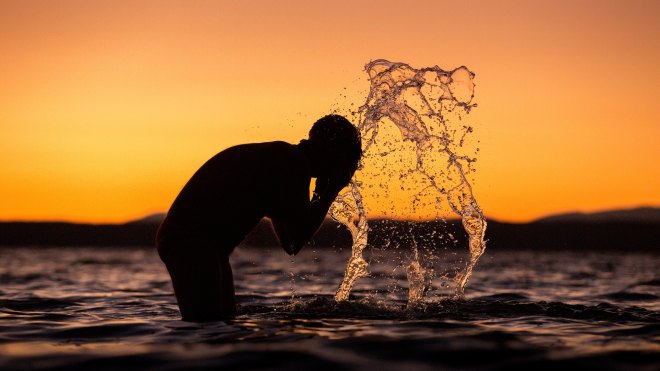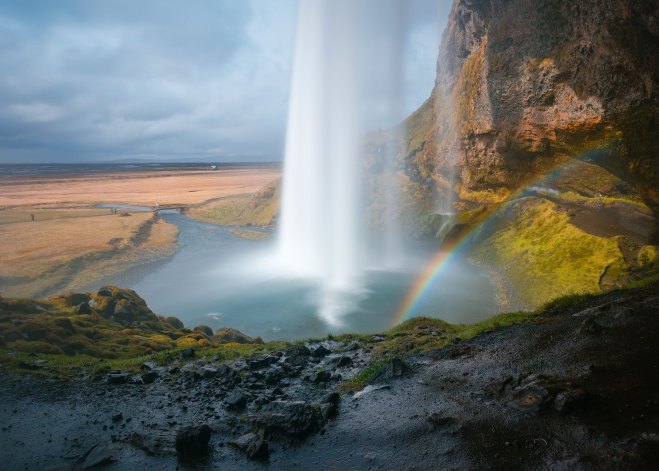Today marks the end of the Islamic Holy Month of Ramadan, Eid-al-fitri, Aidilfitri, Idul Fitri, or other variations, depending on where you’re from. It is the year 1439 AH, marking the number of years since 622 AD – when the Prophet Muhammad and his followers journeyed from Mecca to Media.
This led me to reflect on the special role that water plays in many religious rituals – not just in the Islamic faith, but in all of the major religions and in many other faiths as well. A study of 230 countries conducted by the Pew Research Centre in 2012 found that more than 8 in 10 people around the world identify with a religious group – six years ago this amounted to 5.8 billion people worldwide.

The water practices associated with these religions almost always requires clean or pure water. In Islam, water is used in a number of rituals, including washing of the physical body before each of the 5 daily prayers – a symbol of cleansing of the spiritual self. In the absence of clean water, clean sand may be used.
In Shinto – the indigenous religion of Japan, deities are believed to inhabit natural objects such as trees, rocks, springs, and mountains. Places for cleansing oneself are part of shinto shrines and water bodies are believed to have purifying properties.
Hindus believe in the sacredness of water bodies and rivers. Physical cleanliness is closely linked to spiritual well being and morning cleansing with water is part of daily religious life. The Ganges River is held to be one of the most sacred rivers in the Hindu faith, and it is believed that the waters of the Ganges possess healing powers, and purifies those who bathe in its waters.

It makes me think of access to clean water and the impact that this lack of access has on peoples’ abilities to practice their religious beliefs in the manner that they would want. At present, 844 million people worldwide don’t have access to clean water close to home, and 31% of schools don’t have access to clean water. This doesn’t even discuss the darker realities of illnesses and deaths caused by lack of access to clean water. The holy Ganges is severely polluted, and yet millions still bathe in it in the same way that worshipers of generations past did.
Whether or not you believe in a deity, and whether or not you belong to a faith group, maybe today is also a day to think about the role that water plays in day-to-day ritual and well-being. A day to realise the value and importance of this thing we take for granted because it’s there just about whenever we need it. A day to appreciate that those who don’t have that access depend on us all – not just on governments – to ensure that there’s enough to go around both for today’s people and for future generations.
“Have not those who disbelieve known that the heavens and the earth were joined together as one united piece, then We parted them? And We have made from water every living thing.” – Quran 21:30
“If we were to walk in the woods and a spring appeared just when we became thirsty, we would call it a miracle. And if on a second walk, if we became thirsty at just that point again, and again the spring appeared, we would remark on the
coincidence. But if that spring were there always, we would take it for granted and cease to notice it. Yet is that not more miraculous still?”
Rabbi Israel Baal Shem Tov (1700–1760)
“And wherever the river goes, every living creature that swarms will live, and there will be very many fish. For this water goes there, that the waters of the sea may become fresh; so everything will live where the river goes” – Bible, Ezekiel 47:9

A couple of charities and sites you can support to help with this cause:

One thought on “Water and Religion – reflections on Eid”